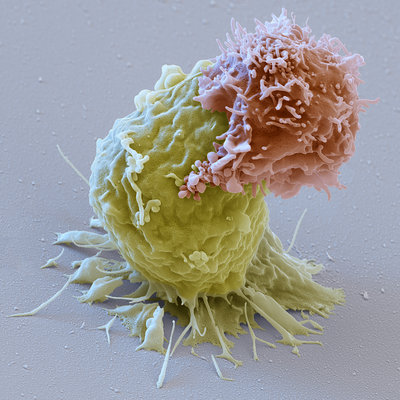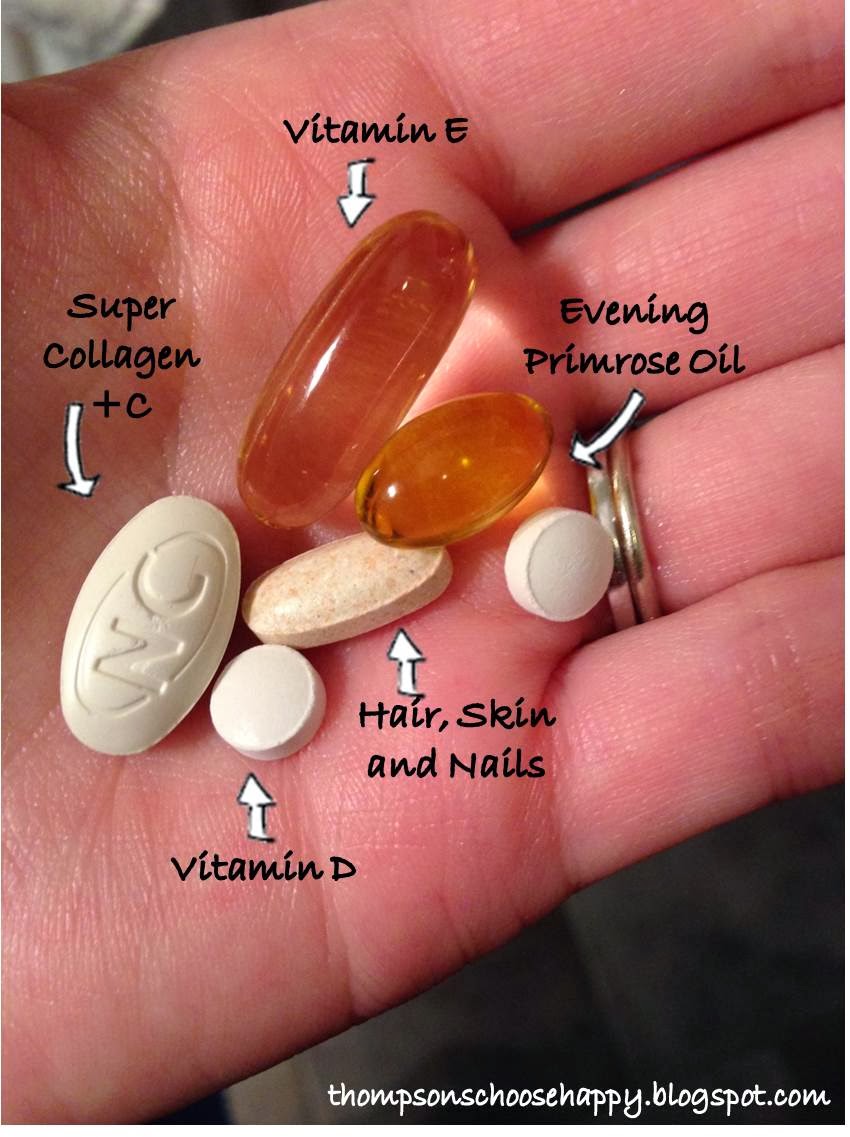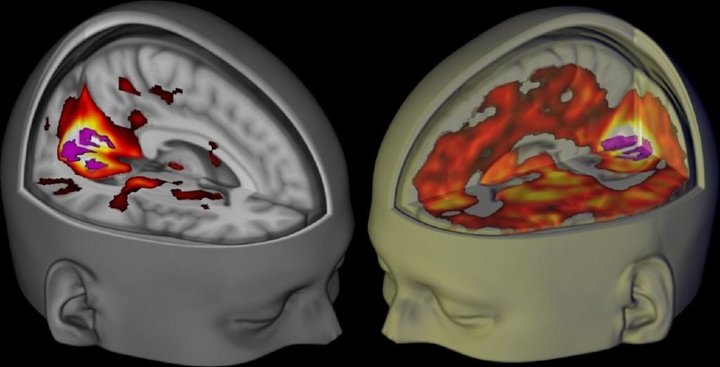Our strive to be thin, fit, pretty, and forever young is not only portrayed in our personal lives through our strict “no carb diets”, excessive workouts, or our cosmetic products and procedures in which we choose to actively adopt, but this strive for perfectionism is also strongly expressed in society through social media, magazines, the fashion world, television, movies and modeling agencies. We often think if we lose those ten pounds, gain muscle or adopt that healthy skin glow then we will feel better about ourselves to only soon realize that our deeply rooted self-esteem issues are still present; we still feel we are not good enough or don’t look a certain way and therefore we continue to lose more weight or gain more muscle to look better. So then what?
Often times we will adopt even stricter diets, weighing every ounce of food we consume; exercising even more excessively or seeking cosmetic procedures until we are knee deep in a vicious cycle of chasing our self-esteem and reaching for the impossible, until the impossible leads us down a road of self-harm behaviors such as laxative abuse, self-induced vomiting, body shaming, obsessions with the scale, and fascinations with our body image. Our friends may tell us our behaviors are unhealthy and our parents may try to sit us down to have an intervention, but let’s be honest; we must come to realize we have a problem before we can actively seek help. Approximately 20 million women and 10 million men suffer from an eating disorder in the United States and anorexia nervosa is the number one killer of all mental health disorders so if food doesn’t necessarily cause our eating disorder then what does?
So what causes eating disorders?
The most well-known eating disorders in The Diagnostic & Statistical Manual (DSM-V) are anorexia nervosa, binge eating disorder, and bulimia nervosa. The two other disorders in the DSM are known as avoidant-restrictive food intake disorder (ARFID) and Other Specified Feeding and Eating Disorder (OSFED). Although each of these disorders may differ by their signs, symptoms, and presentations, they all have one thing is common: similar underlying triggers.
The American Psychological Association (APA) has shown that past abuse or trauma, low-self esteem, bullying, poor parental relationships, borderline personality disorder, substance abuse, non-suicidal self-injury disorder (NSSI), a perfectionistic personality, difficulty communicating negative emotions, difficulty resolving conflict, and genetics are known underlying triggers that contribute to the development of an eating disorder.
In fact, approximately 30% of individuals who engage in self-harm behaviors such as cutting will engage in binging and purging behaviors. Maternal psychopathology such as negative expressed emotion, the thrive for perfectionism, and maternal encouragement of weight loss can lead to the development of eating disorders in children and teenagers.
The relationship between trauma and the development of eating disorders
Trauma, known as a deeply distressing or disturbing experience, comes in all forms such as emotional trauma, physical trauma, and sexual trauma. Whether an individual was physically assaulted, verbally abused, sexually assaulted, endured a very unhealthy romantic relationship, was bounced around foster homes as a child, or grew up in an unstable home; these past traumas result in underlying triggers that are carried out into mental health disorders, including eating disorders.
The individual tries to gain a sense of self-control through food and exercise since this is the one and only aspect of their life they are actually able to control. Choosing to engage in binging, extreme dieting, purging and other obsessive behaviors relating to body image and weight loss are attempts to “self-treat” their lack of control in other aspects of their life where they have no control.
The obsessions of binging and purging are brought on by low-self esteem, fear and anxiety and therefore an individual will binge, purge or exercise excessively to only be relieved of these unhealthy emotions and feelings temporarily until feelings of self-blame and guilt follow. This vicious cycle of fear and anxiety followed by temporary feelings of relief and calmness are soon replaced by feelings of self-guilt and this cycle of emotions repeats itself over and over again until the eating disorder becomes so self-destructive that either the individual realizes they need help or a serious medical complication occurs. Unfortunately, suicide is the answer for some individuals who cannot escape this unhealthy cycle. Studies have shown that up to 35% of individuals with an eating disorder, particularly bulimia nervosa; engage in a non-successful suicide attempt.
How to successfully overcome an eating disorder
The treatment for an eating disorder lies at recognizing and overcoming the underlying triggers associated with the eating disorder. Depending on the type of eating disorder and it’s associated underlying triggers; medications can be used to ease symptoms of co-occurring disorders such as depression and anxiety. Fluoxetine, an antidepressant, more specifically a selective serotonin reuptake inhibitor (SSRI), is known to help reduce binging and purging and is specifically used in some cases of bulimia nervosa. The main or first-line treatment for all eating disorders is psychotherapy which encompasses a broad range of therapy approaches such as cognitive behavioral therapy (CBT) and dialectal behavioral therapy (DBT) which aim to recognize and reduce the harmful thoughts and emotions associated with the eating disorder and works to develop productive coping mechanisms and tools to help the individual engage in positive thoughts, emotions and behaviors in order to overcome their past traumas and low-self esteem. Other skills and tools learned in therapy include mindfulness, relapse prevention skills, meditation, nutrition counseling, art therapy and relationship building.
This article was found at:https://www.psychologytoday.com/blog/happiness-is-state-mind/201703/eating-disorders-it-s-not-all-about-food












































